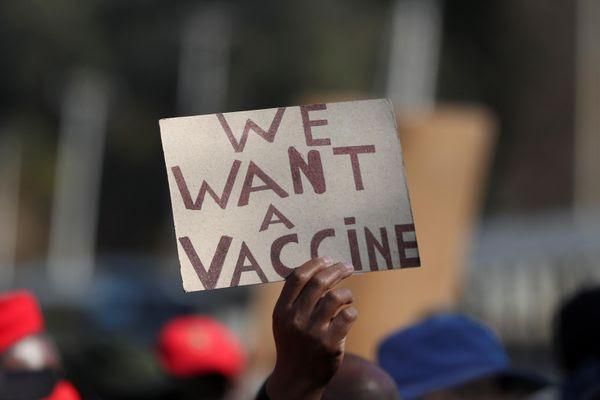What We’re Watching: African vaccine hub, Russia woos Taliban
Moderna plans African vaccine hub: Vaccine maker Moderna will spend $500 million to build a new facility in Africa that can produce 500 million annual doses of the company's COVID jab, which along with Pfizer, uses complex mRNA technology that can't be easily transferred. (Pfizer is already constructing a similar vaccine hub for local production in South Africa). Indeed, this is great news for the continent, where barely 4 percent of the population has been fully vaccinated, due to lack of supplies coming in from wealthy donor countries and the COVAX facility. What's more, Moderna plans to use its hub to develop other vaccines against other infectious diseases rife across Africa like Zika or regular influenza. Still, the facility won't be ready for at least two more years, so in the near term African countries will continue relying on foreign suppliers to inoculate their populations against COVID, prolonging the pandemic.
Kremlin invites Taliban to Moscow: The Russian government has invited Taliban representatives to participate in summit about the future of Afghanistan on October 20 in Moscow. For the Taliban, inclusion in the meeting — which will be attended by China, India, Iran, and Pakistan — is a boon because they have been vying for international recognition wherever they can find it. (Much to their dismay, they weren't given a podium at the recent UN General Assembly.) In the wake of the Taliban takeover, Russia is worried about a surge of Islamic militants crossing into former Soviet republics in Central Asia, a buffer zone crucial to Russian national security. The Taliban are deemed a terror group by Russia, but Vladimir Putin has shown a willingness to engage with the group on areas of mutual interest, particularly on Tajikistan, which borders Afghanistan and hosts Russia's largest overseas military base.